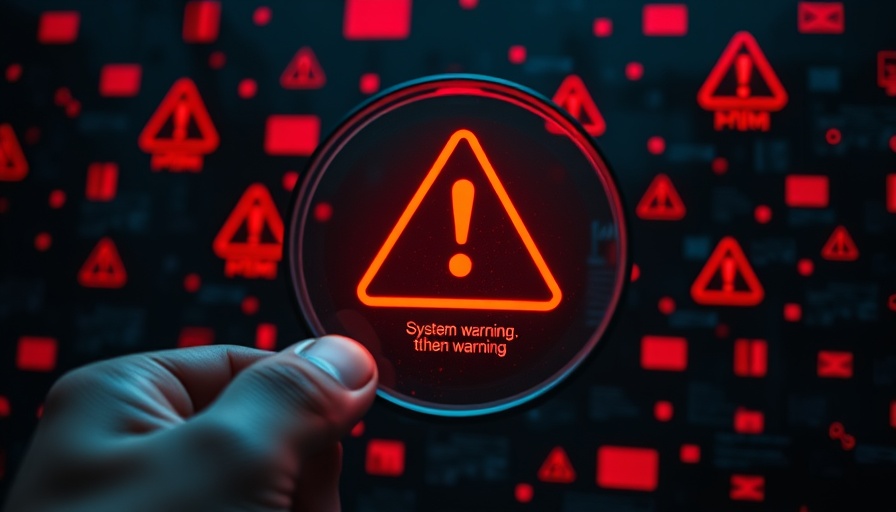
The Ripple Effect of Cyberattacks in Healthcare
The recent cyberattack on Kettering Health in Ohio has brought to light the ongoing vulnerabilities within the healthcare sector. On Tuesday, the unauthorized access to its network resulted in a system-wide technology outage, leading to the cancellation of numerous elective inpatient and outpatient procedures. Fortunately, emergency services continue to operate, highlighting the critical nature of responsive care even in times of crisis.
With Kettering Health managing 14 medical centers and over 120 outpatient facilities, the disruption demonstrates the far-reaching effects of such incidents. Health systems not only face operational challenges but also potential patient harm as care is delayed or redirected. It's a stark reminder that in the battle against cybercrime, healthcare is a frequent target, as it contains sensitive data and is driven to minimize patient impact.
Why Cybersecurity is Essential for Patient Care
The increasing number of data breaches, particularly those resulting from hacking or ransomware, poses significant risks to patient safety and confidentiality. A recent study published in JAMA Network Open findings underline that healthcare data breaches are proliferating, largely because cybercriminals view this industry as a lucrative target. Considering the rising stakes, enhancing cybersecurity measures for healthcare institutions is not just a matter of technology but a vital part of patient welfare and public health safety.
What Patients Can Do
For consumers engaging with healthcare services, understanding the implications of cyberattacks is crucial. Patients should ensure their personal health information is adequately protected and be aware of potential disruptions in service. Additionally, advocating for greater transparency and stronger security measures from health systems is essential. Awareness can lead to informed decisions around care and the utilization of services, especially when prospective threats loom.
 Add Row
Add Row  Add
Add 




 Add Row
Add Row  Add
Add 



Write A Comment